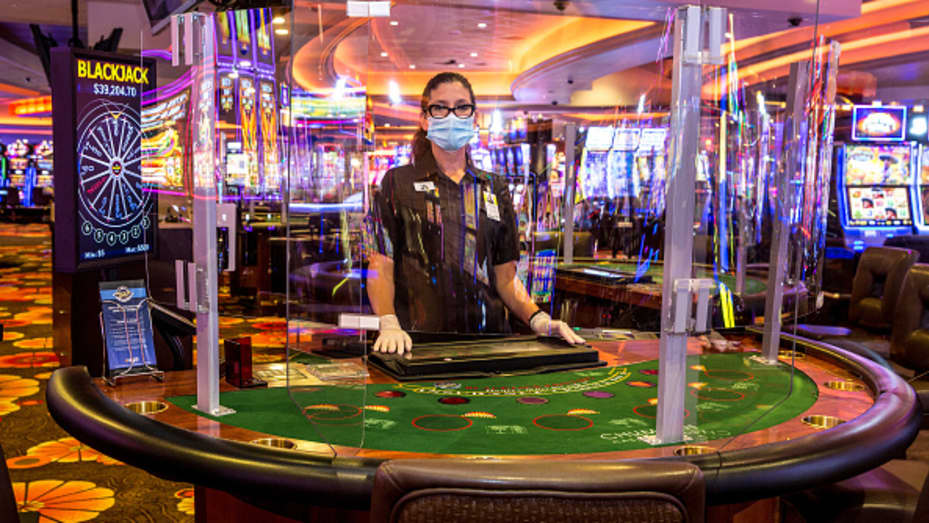Introduction:
Casinos have long been synonymous with excitement, risk, and the promise of fortune. From the dazzling lights of Las Vegas to the opulent establishments in Monaco, these gambling havens captivate the imagination and draw people from all walks of life. In this article, we will delve into the world of casinos, exploring their history, the games that define them, the psychology behind gambling, and the impact they have on both individuals and society.
A Brief History:
The origins of casinos can be traced back to ancient civilizations, where various forms of gambling were prevalent. However, it was in 17th century Italy that the first known casino, the Ridotto, opened its doors in Venice. Since then, casinos have evolved into complex entertainment hubs, offering a mix of gaming, shows, fine dining, and luxurious accommodations.
Iconic Games:
Casinos are renowned for their diverse array of games, each with its unique blend of strategy, luck, and skill. From the classic allure of roulette and blackjack to the high-stakes drama of poker and the thrilling unpredictability of slot machines, these games form the backbone of the casino experience. As technology advances, online casinos have also gained popularity, allowing enthusiasts to enjoy their favorite games from the comfort of their homes.
The Psychology of Gambling:
The allure of casinos extends beyond the games themselves. The atmosphere, with its vibrant colors, rhythmic sounds, and the constant hum of activity, is carefully designed to create a sense of excitement and anticipation. Psychologists suggest that the unpredictability of outcomes and the potential for reward trigger the brain’s pleasure centers, making gambling a thrilling experience for many.
The Social Aspect:
Casinos are not just places for solitary gambling; they are social spaces where people from different backgrounds converge to share in the excitement. The camaraderie at the poker table, the cheers at the roulette wheel, and the shared anticipation during a slot machine win create a unique sense of community. Casinos often host live performances, events, and parties, turning them into multifaceted entertainment destinations.
The Dark Side of Gambling:
While the allure of casinos is undeniable, it’s crucial to acknowledge the potential dark side of gambling. For some, the thrill can lead to addiction, financial ruin, and strained relationships. Casinos, both physical and online, implement responsible gaming measures, but the onus is also on individuals to gamble responsibly and seek help if needed.
Economic Impact:
Beyond personal experiences, casinos play a significant role in local and national economies. They create jobs, attract tourists, and contribute to tax revenues. However, debates about the societal impact of gambling persist, with concerns about addiction, crime, and other social issues.
Conclusion:
Casinos remain enigmatic and alluring, offering a unique blend of entertainment, risk, and glamour. Whether you’re a seasoned gambler or a curious observer, the casino experience is a multifaceted journey that continues to evolve. As the industry adapts to changing times and technologies, the allure of casinos persists, inviting individuals to try their luck and embrace the thrill of the game.
